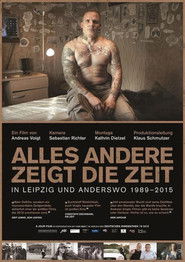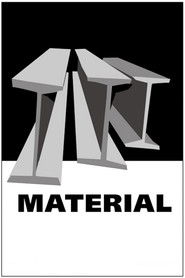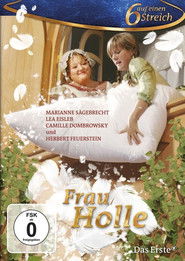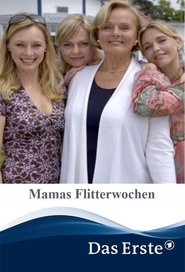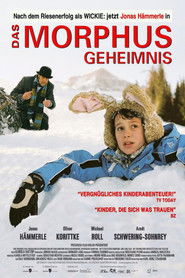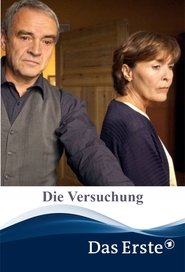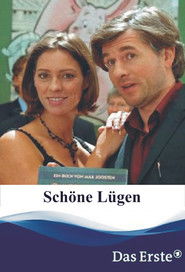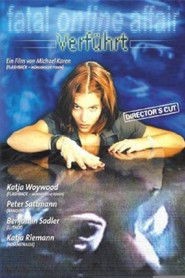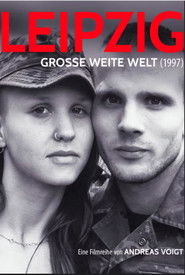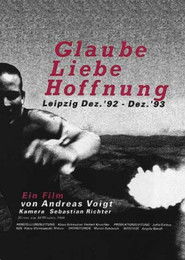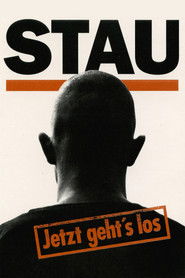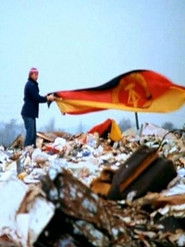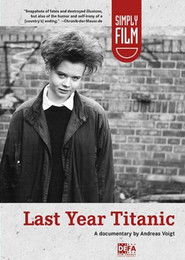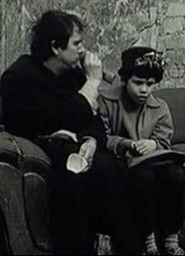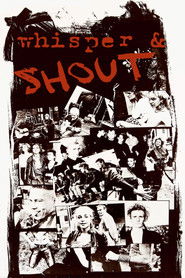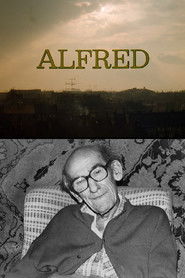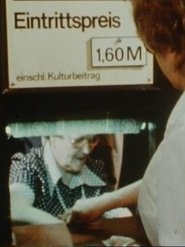Vittorio - Momente des Glücks
Alessandro Rossi, an Italia air force officer in diplomatic service, is happy with his wife, pilot Bea Rossi, who had a miscarriage and gets obsessed with her child wish when pregnant again of a boy to be christened Vittorio 'winner'. Bea resigns her job and moves in with his caring rural Italian family -mamma Teresa, papa Giuseppe and Bruder Giorgio- while his job keeps him mostly abroad. Bea's domineering mother Martha, who feels deserted, calls her to Berlin gravely ill, but dies before Bea arrives by train. Clearing out the home, where Bea's first love Moritz Wiesner, who cared fro Martha for her sake, rekindles (un-)happy youth memories. Alessandro can't get Bea to leave Berlin, where after unselfishly saving a child in danger she has another miscarriage, but hides it from Alessandro, whom she somehow blames, and resolves not to return without helping herself to a child, in a deranged way, but gets found out
